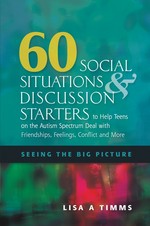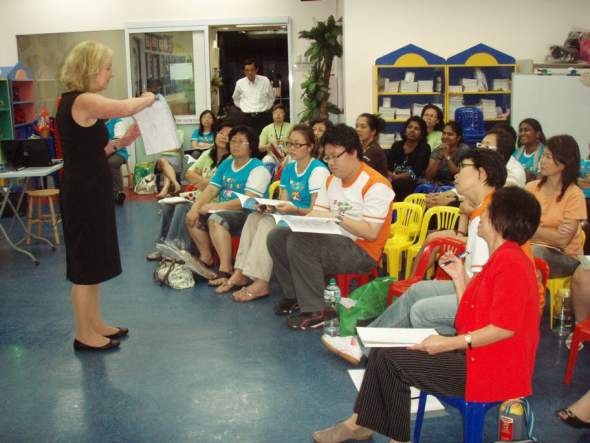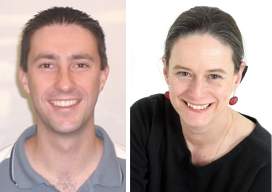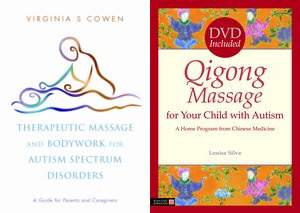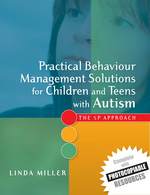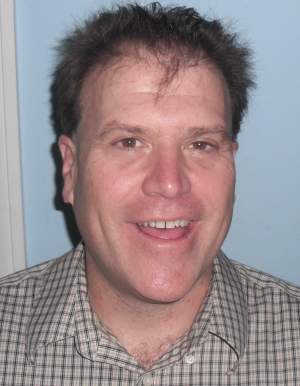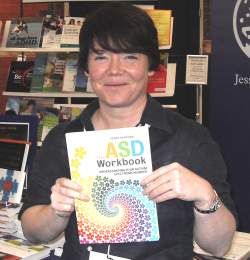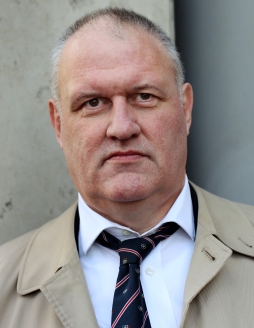60 Social Situations and Discussion Starters to Help Teens on the Autism Spectrum Deal with Friendships, Feelings, Conflict and More
“I think parents are a key component to teens understanding the social puzzle. No one knows a child better than their parent and every family has its own set of values. If parents work together with their teens it will not only bring guidance to the teen but also insight to the parent on how their teen thinks. Parents can guide their teen to responses that are acceptable within their own family values.”
